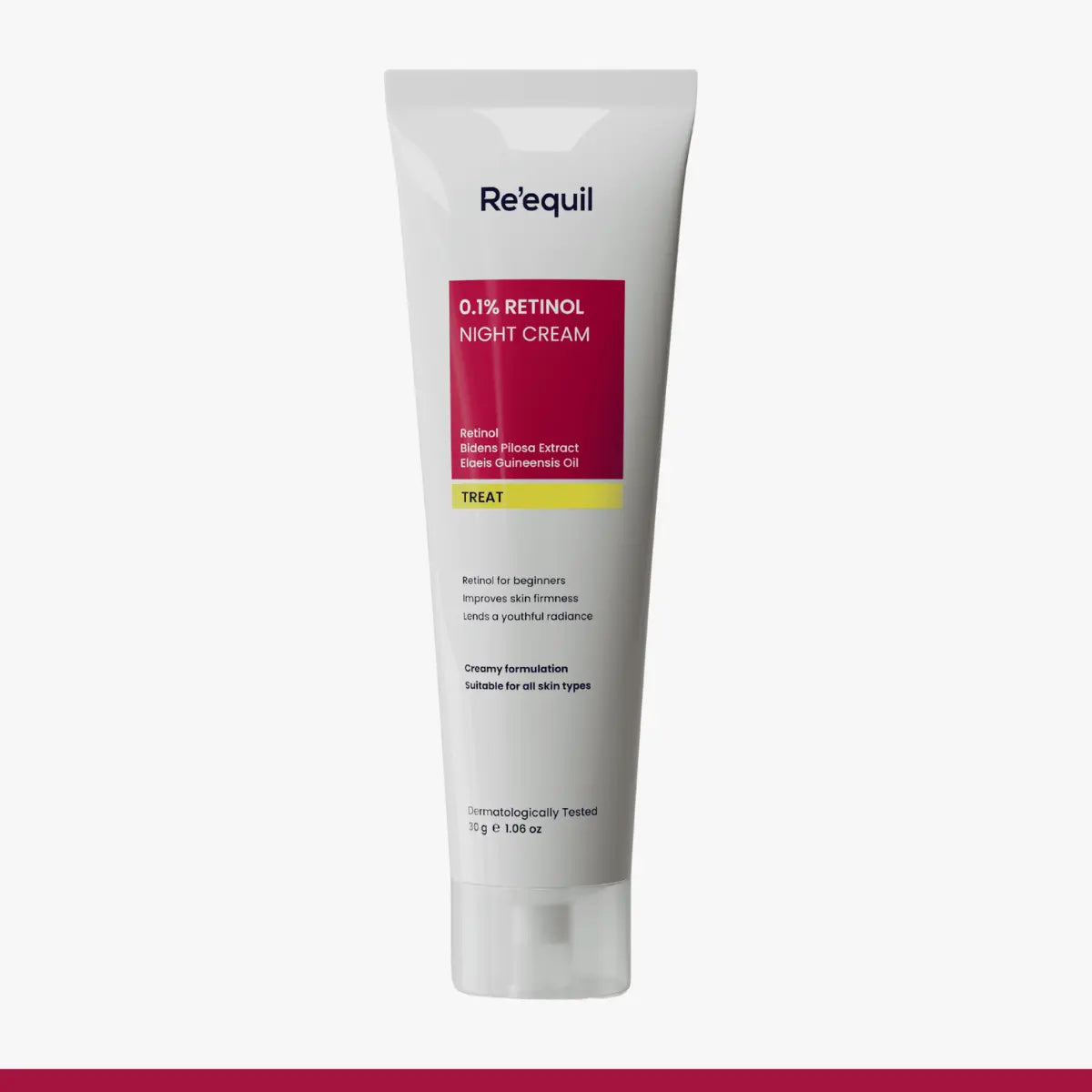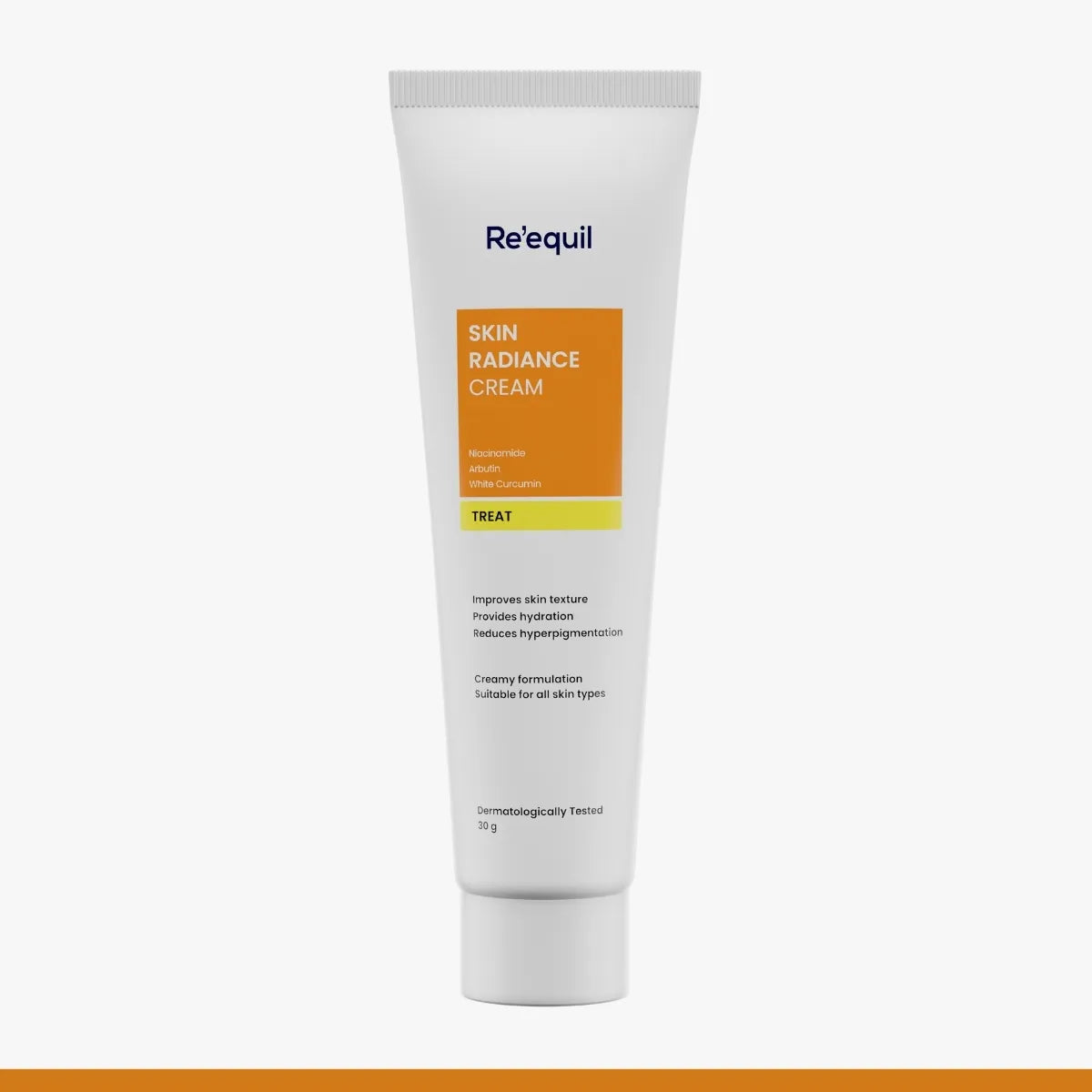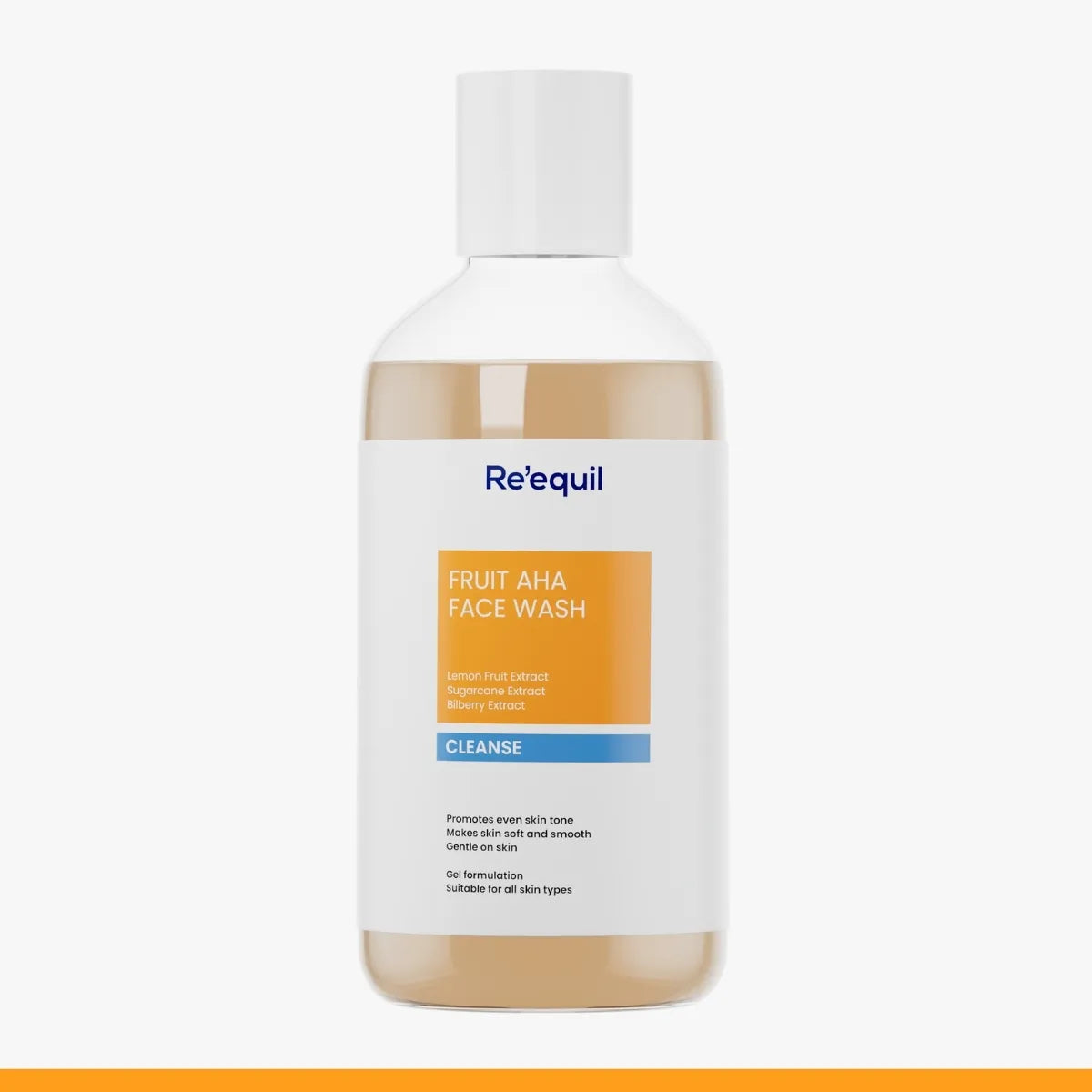Apparently, retinol is withdrawing everybody’s attention because of its so many skin-loving countless skin benefits. This popular ingredient is found to yield numerous benefits to your skin from reducing the appearance of fine lines to attaining a glowing complexion. However, skin care experts decode that the use of retinol can be highly vulnerable to people having extra sensitive skin. Apart from this, many board-certified dermatologists explain that prolonged use of retinol may cause skin peeling and impair the barrier functions. It is considered crucial to use retinol at night because during the day it might make your skin sensitive to UV rays. In other words, it’s not “one size fits all”. Fortunately, a myriad of other gentle skin ingredients are available for you to fight the signs of ageing or fade skin discolorations. New advances in the cosmeceutical industry have discovered alternatives to retinol to keep your skin happy and healthy. A research study published in the Journal of Clinical, Cosmetic and Investigational Dermatology has evaluated the topical efficacy of vitamin C, hyaluronic acid, and some other skin ingredients in improving the skin glow, hydration, and fine line appearance.
Best Alternatives
- Vitamin B3 (Niacinamide)
- Vitamin C
- Hyaluronic Acid
- Alpha-Hydroxy Acids (AHA’s)
1. Niacinamide
It is touted as the holy grail of flawless skin. A 2005 research study has revealed that in a clinical trial topical application of niacinamide helped to improve the facial aging of skin and hyperpigmentation. Researchers have also found that owing to antioxidants properties, the use of niacinamide helps to heal and repair the skin damaged by sun exposure and environmental pollutants. To add to this, niacinamide has also been found to balance out the oil production in the skin.
2. Vitamin C
Both the dietary and topical use of vitamin C is highly appreciated by skin care experts when it comes to attain flawless and youthful skin. Numerous clinical research studies have found that external use of vitamin C helps to boost collagen production in the skin meanwhile combating the photoaging of the skin. Vitamin C is another super ingredient to defy the signs of aging and treat hyperpigmentation.
3. Hyaluronic Acid
Skin dehydration has been recognized as a major cause of premature aging of the skin. Hyaluronic acid is considered the key skin ingredient that offers the ultimate hydration to your skin. Amazingly, it is considered an ideal ingredient for all skin types. Dermatologists say that inculcating the hyaluronic-based moisturizers in your skin care regimen will not only help to delay the signs of aging but also leave you with glowing skin.
4. Alpha-Hydroxy Acids (AHA’s)
Alpha-Hydroxy Acids are the natural skin exfoliants derived from plant and fruit sources. AHA’s slough off the dead skin cells from the top most layer which ultimately lead to give your skin a smooth and brighter appearance. A research study published in The Journal of Clinical and Aesthetic Dermatology has shown that AHA’s help to dissolve basal layer melanin in sun-induced hyperpigmentation.

Your skin is as delicate as a flower petal so you should be mindful while establishing your skin care habits. Determining your skin type and understanding the needs of your skin is the best approach to flaunt healthy and flawless skin each day. Along with adding the new skin care ingredient in your routine, daily and consistent use of sunscreen should not be ignored.





